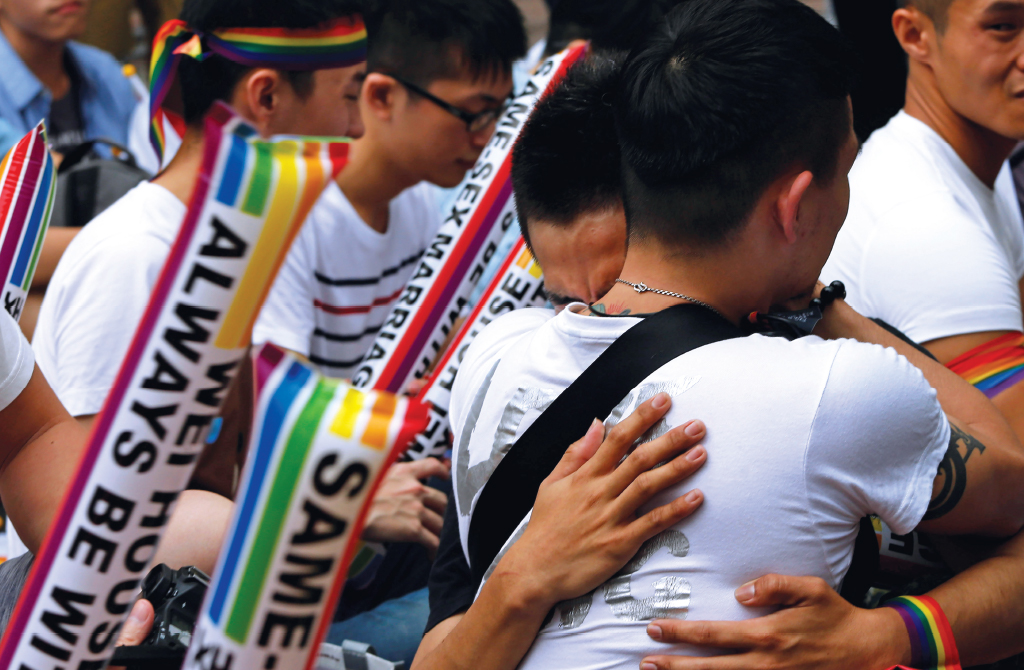
Justice is more than deciding what’s right. But that’s a good start.
Around the world, justice systems are under pressure to keep pace with social change. Rapid economic and demographic shifts. Growing political demands and perceptions of inequality. Concerns over traditional approaches to policing and governance. Changing patterns of criminal and violent behaviour, including the threat of terrorism. All of these stressors call for new responses – and new insights into what we expect justice to mean.
Education
In
Action
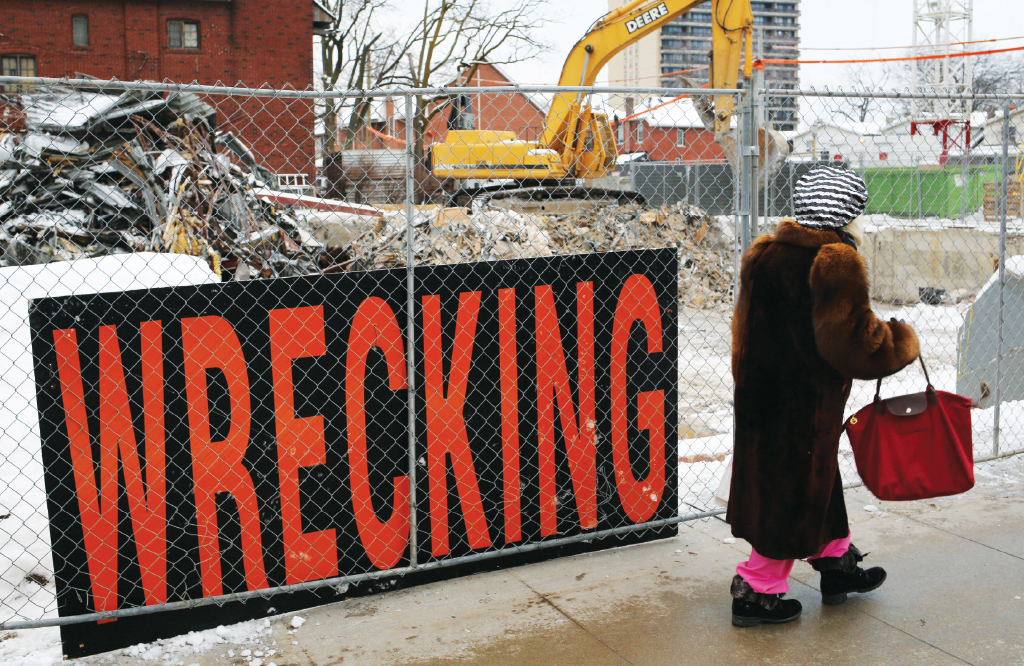
What Causes Bubbles?
The housing bubbles in Toronto, Vancouver and elsewhere are not economic problems. They reflect a failure to respect basic human rights.
This was a key conclusion of Leilani Farha, the UN Special Rapporteur on the Right to Adequate Housing, following a global study of the issue. Writing in The Globe and Mail in March 2017, she suggested how policy-makers should approach overheated real estate markets: “Whether it is taxation policy, land-use planning, zoning, or broader housing policy, decisions must be guided by the needs of residents for adequate, affordable and secure housing, as opposed to the financial security and gain of investors. ... [W]hat is presented as the private market gone mad is, in fact, something far more deliberate: the failure of governments to govern in a manner that is consistent with human rights.”
Providing research assistance to Ms. Farha were students from the Global Justice Advocacy class in the Munk School’s MGA program, as well as from the International Human Rights clinic within U of T’s Faculty of Law. MGA student Yashwinie Shivanand, after interning in Toronto, travelled to Geneva in early 2017 for a session of the Human Rights Council, where the special rapporteur presented her first report.
Research
Leadership
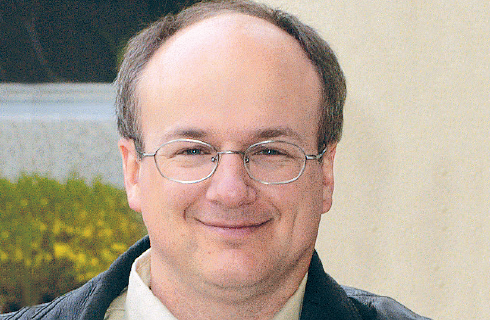
Putting Terrorism in Its Place
Confronted with escalating terrorist attacks and threats to public safety and security, justice systems worldwide face intense pressure from communities and political leaders to respond effectively. As justice practitioners try to manage events amidst heightened anxiety, they often lack a base of evidence for decision-making. To address this need, the Global Justice Lab has created the Global Counter-Terrorism Law and Policy Group.
Formally launched in October 2016 – and introduced with an op-ed article in The Globe and Mail – the group studies the responses of justice actors and institutions to terrorist events and evaluates security policy in light of contemporary, historical and comparative research. It provides an impartial, academically rigorous hub for analyzing counter-terrorism practice, inviting researchers, policy-makers, practitioners and representatives of civil society to engage in candid conversations on challenges around the globe.
Watching the Watchdogs
Over the past year, various Munk School researchers contributed to a range of forums and initiatives examining Canada’s response to global terrorism and other threats to national security and public safety.
- The Global Justice Lab convened meetings – led by Prof. Kent Roach, director of the lab’s Global Counter-Terrorism Law and Policy Group, and Carmen Cheung, the lab’s executive director – with senior policy-makers, academic researchers and civil society experts, focusing on three areas:
- The accountability of the Canadian government regarding security issues.
- Bill C-22 – a new federal law establishing an independent committee of parliamentarians to oversee national security and intelligence operations.
- Security challenges in the digital realm (co-chaired with Christopher Parsons from the Munk School’s Citizen Lab).
- Members of the Global Justice Lab consulted with terrorism researchers and policy-makers throughout the federal government and also provided expert testimony before the House of Commons Standing Committee on Public Safety and National Security.
- Citizen Lab researcher Christopher Parsons and Prof. Roach joined with Tamir Israel, a lawyer in the Samuelson-Glushko Canadian Internet Policy and Public Interest Clinic at the University of Ottawa, in raising concerns that the national security consultations held by Public Safety Canada showed minimal regard for protecting privacy and civil liberties.
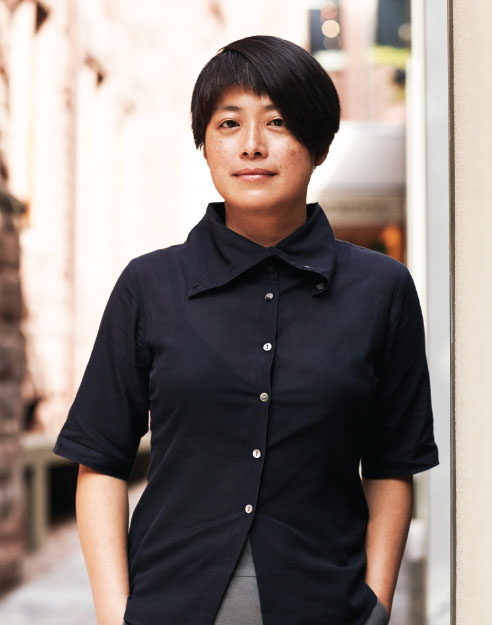
Public
Engagement
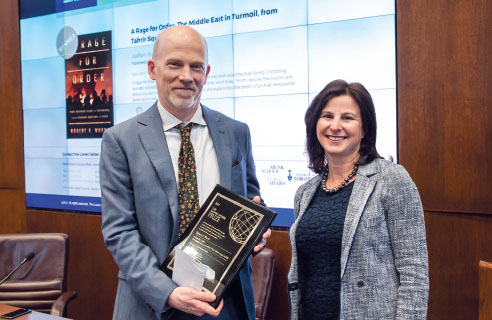
A Rage for Order
The 2017 Lionel Gelber Prize was awarded to veteran American journalist Robert F. Worth for his masterful study A Rage for Order: The Middle East in Turmoil, from Tahrir Square to ISIS. Established in 1989 to honour the year’s best non-fiction book in English on foreign affairs, the prize is administered by the Lionel Gelber Foundation in partnership with the Munk School and Foreign Policy magazine.
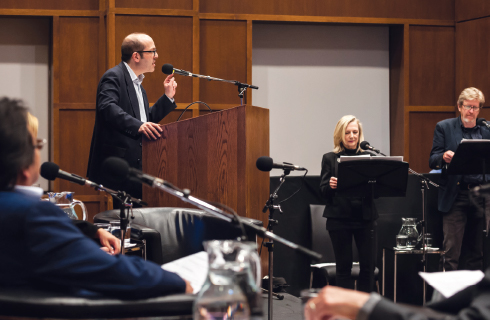
Calling the Police
From charges of violence, abuse and bias against minority groups to calls for greater transparency and accountability, today’s police forces face unprecedented public scrutiny and outright antagonism. At the same time, society expects law enforcement agencies to take on challenges such as counter-terrorism, cybercrime and the sensitivities of highly diverse communities. In May 2017, these issues were explored in a two-part episode of the program Ideas, produced by CBC Radio One in partnership with the Munk School, with expert panels moderated by Prof. Ron Levi, director of the Global Justice Lab. (Listen to part one and part two.)

